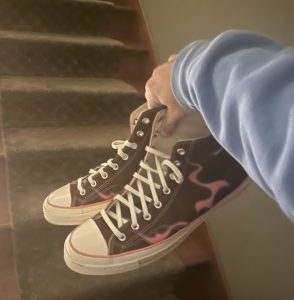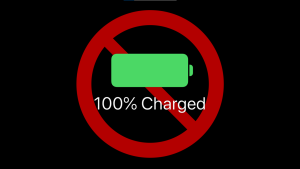Anxiety in Teens
February 28, 2023
It is widely known that anxiety affects everyone in different ways. Symptoms of anxiety vary across all age ranges from infancy to adulthood. Teenage anxiety is arguably some of the most confusing, especially considering all the changes teenagers go through as they mature.
As the years go by, teenagers have increasingly augmented pressure put on them. Between school, managing social life, sports, extracurricular activities, jobs, and family life, the average teenager has a lot of stressful aspects of their lives to manage. Depending on the teenager, ways to handle the anxiety can be very different. Some are extremely good at dealing with stress, while others don’t have the coping skills necessary to deal with their anxieties in a healthy way.
As well as external pressure, teens also face increasingly large amounts of internal pressure. This can be anything from pressure to look a certain way, to pressure to perform well in school or exams. Internal pressure comes from putting yourself at a very difficult position to attain, and comes from places of perfectionism. This is not seen in all teenagers, but many who are deemed “perfectionists”, experience levels of internal pressure and anxiety to perform well.
As teenagers become exposed to different social situations, they might try different, unhealthy ways to deal with their anxiety such as: drugs and alcohol. Studies show that by the time teenagers are in the 12th grade, about forty-six percent will experiment with drugs and/or alcohol. Drugs and alcohol are only a temporary distraction from anxiety, and teenagers who experience anxiety are much more likely to become dependent on these things in order to relieve themselves.
The best method for teenagers with anxiety to alleviate their symptoms is to try therapy or counseling, more specifically cognitive behavioral therapy. During CBT, teens will learn how to find their anxiety triggers and how to avoid them, or calm themselves down when they are triggered. They will learn coping skills to help them manage their anxiety in stressful situations, and identify the root of their anxieties to try and dismantle them completely. Medication is also available to those who need it, and has been proved to be effective in helping those with anxiety manage and control their symptoms.






